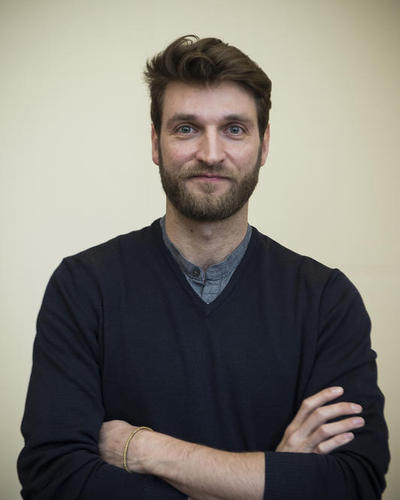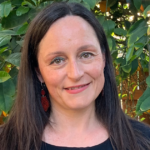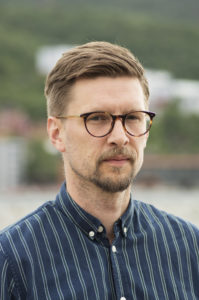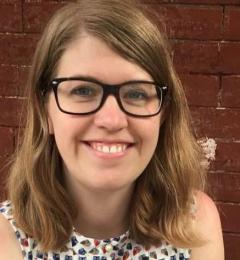Two asylum seekers fleeing persecution from the same country may end up in a very different situation if refuge is sought in country A or in country B. Expected discrepancies may have dire consequences for both asylum seekers and the ability of the international protection apparatus to protect them.
In this webinar, Pierre-Georges Van Wolleghem, postdoctoral researcher at the Department of Comparative Politics, UiB, will discuss the reasons why refugee recognition rates vary from country to country. Drawing on quantitative data, he posits that variation in recognition rates stems from the procedural diversity of Refugee Status Determination (RSD) structures, i.e. the legal and administrative machinery that transform asylum claims into positive or negative outcomes.
Pierre-Georges Van Wolleghem is a postdoctoral fellow at the Department of Comparative Politics, UiB, and executive scientific coordinator of PROTECT (Horizon 2020). Van Wolleghem works on European Union migration policies. His research interests include social policies, quantitative methods, and impact evaluation.
Time: Thursday 24th of September 2020, 12.30 – 13.30
Meeting ID: 619 6209 0787
Password: 6UykduQ%






